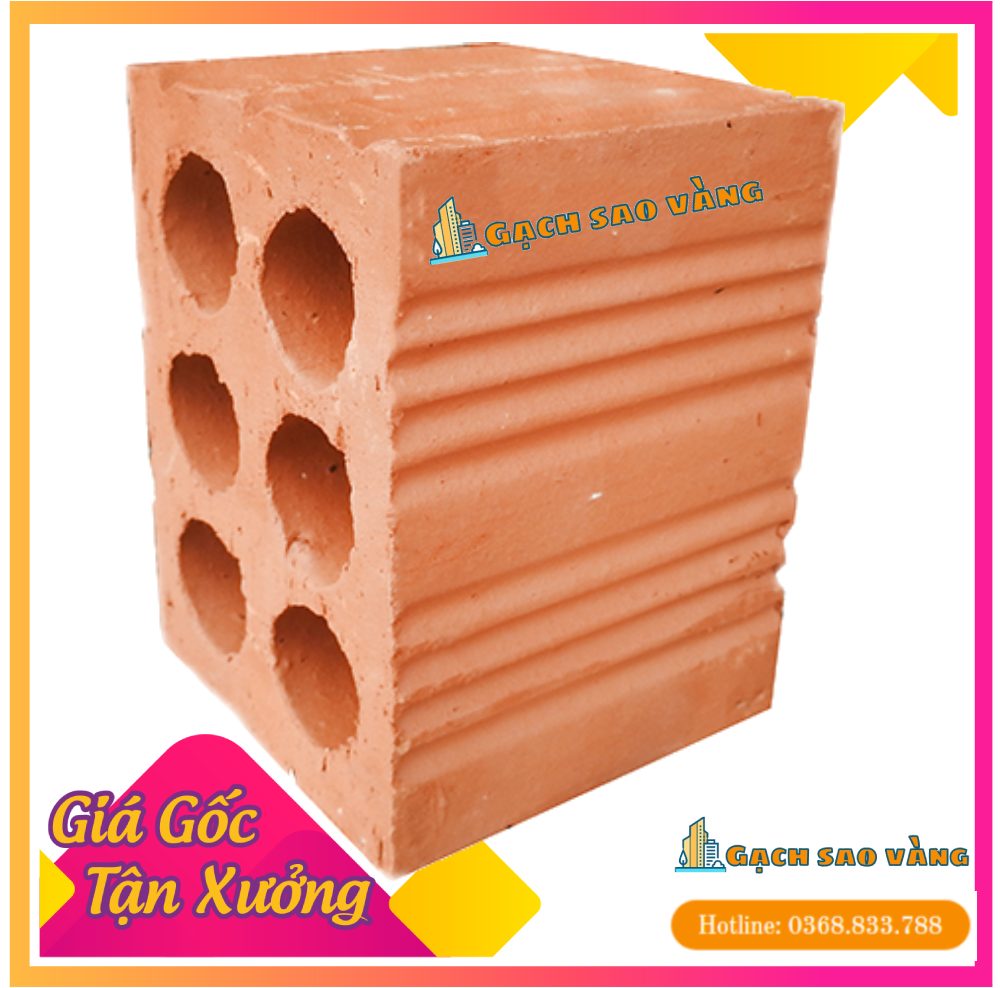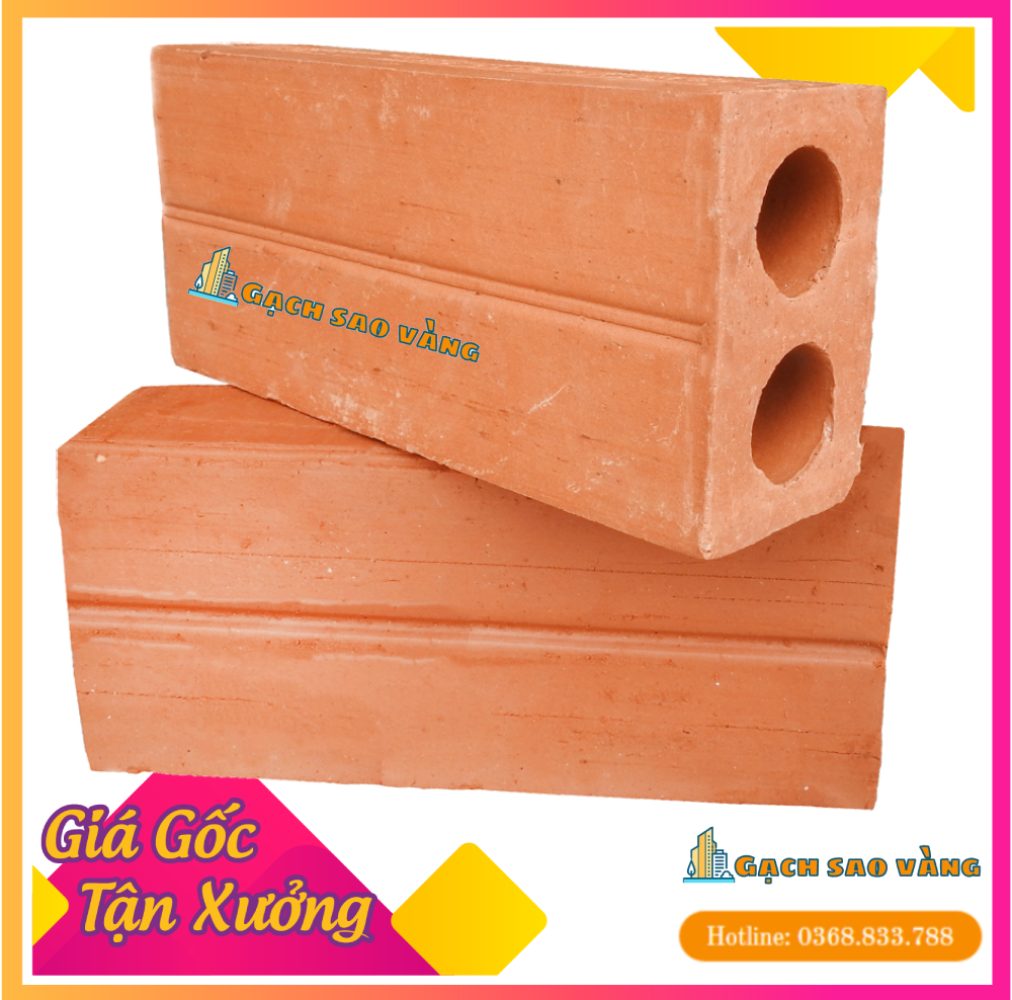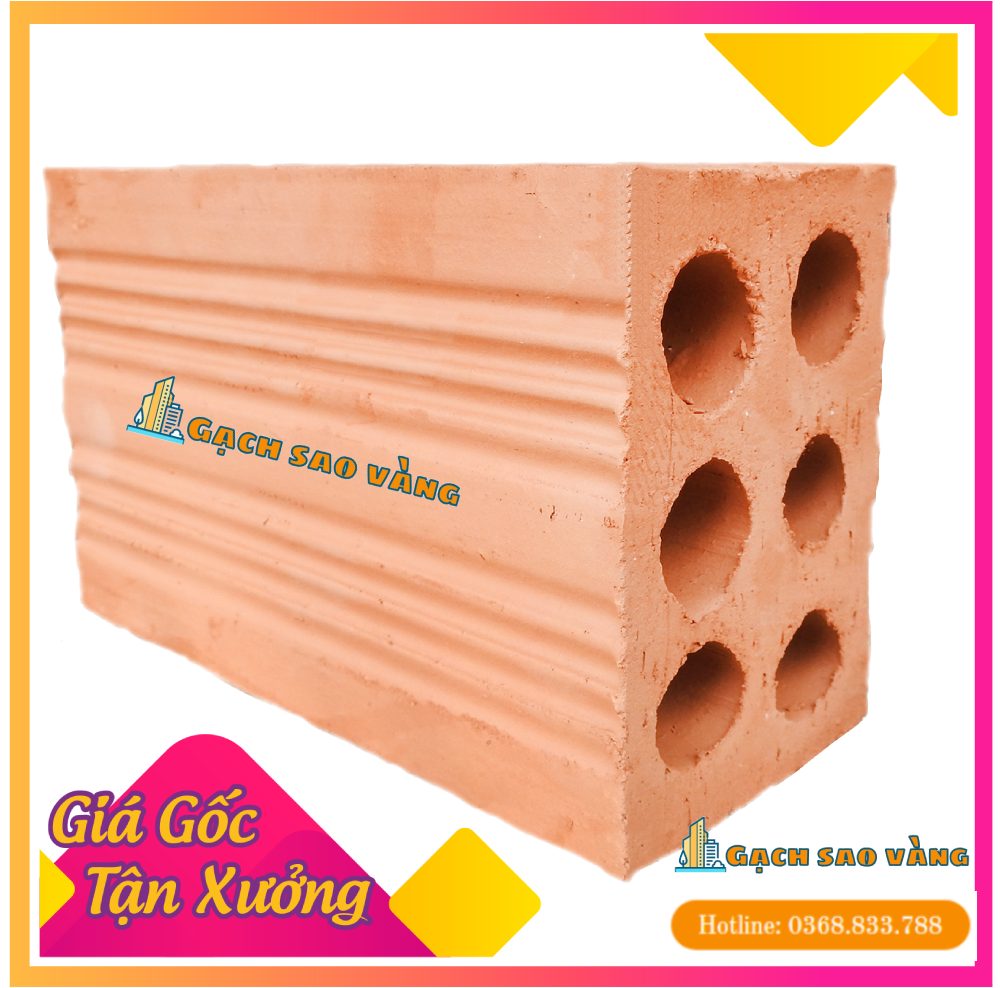Owning a home comes with its fair share of responsibilities, and ensuring the integrity of your water systems is paramount. Regular evaluations of pipes can help identify potential issues before they escalate into severe problems. Understanding the condition of your plumbing framework is a crucial step in maintaining the overall health of your residence.
A home’s plumbing structure consists of various components that work seamlessly together. Each pipe plays a pivotal role, and any weakness or blockage can lead to costly repairs and inconveniences. Engaging in detailed assessments of these pipelines can uncover hidden concerns and provide peace of mind for property owners.
Recognizing the importance of pipe evaluations is fundamental for preserving the functionality and longevity of your plumbing system. Being proactive in this regard not only safeguards your investment but also enhances the comfort and safety of your living environment. Regular check-ups can lead to informed decisions and timely maintenance, keeping your home running smoothly.
Key Indicators That Your Home Needs a Plumbing Evaluation
Understanding the signs that your residence requires a thorough examination of its waterworks is crucial for maintaining a comfortable living environment. There are several key indicators to look out for that can signal a need for scrutiny.
One of the most telling signs is the presence of unexplained damp spots on walls, ceilings, or floors. These areas may indicate a hidden leak that, if left unattended, could lead to significant damage and mold development. Regular safety checks can help identify these issues early on.
Another important red flag is a sudden increase in your water bill without a corresponding rise in usage. This may suggest leaks in your system that need attention. Keeping track of your expenses can offer valuable insights into the health of your plumbing.
Strange odors emanating from drains or unusual sounds during water flow could also signify underlying problems. These symptoms might point to blockage or deterioration in the pipes, which requires immediate investigation.
Finally, if you notice inconsistent water pressure or discoloration in your supply, it may be time for preventive advice from an expert. Addressing these indications promptly can save you from costly repairs down the line and ensure the functionality of your home’s water systems.
The Benefits of Hiring Certified Plumbing Professionals
Engaging qualified experts for your pipework needs provides a multitude of advantages that extend beyond mere maintenance. Their extensive training ensures they conduct thorough evaluations, identifying potential problems before they escalate into costly repairs.
One key benefit is the access to preventive advice, which allows property owners to proactively address minor issues that could develop into significant complications. Certified technicians not only fix current problems but also equip you with knowledge to maintain your system effectively.
Additionally, these specialists perform essential inspections and checks that guarantee the integrity of your network. This level of scrutiny is often beyond what an untrained eye can detect. Regular assessments contribute to the longevity and reliability of your installations.
Moreover, safety checks carried out by licensed individuals help avoid hazardous situations, ensuring that your environment remains secure. They can spot risks related to leaks, mold, and structural damage, providing peace of mind for you and your family.
Investing in the expertise of certified individuals is a wise choice that promotes the health of your plumbing system, ultimately saving you time, money, and stress in the future.
Understanding the Plumbing Inspection Process and What to Expect
When you schedule an inspection of your water and drainage systems, it typically starts with a thorough assessment of your premises. A qualified technician will examine pipes, connections, and fixtures, identifying any signs of leaks or deterioration. These evaluations focus on both visible and hidden components, ensuring that no aspect goes unnoticed.
The technician may also employ advanced tools to detect issues that are not easily seen. For example, cameras can be used to inspect the interior of pipes, providing a clear view of their condition without the need for invasive procedures. This technology allows for accurate diagnostics and helps in formulating a plan of action if repairs are necessary.
During the evaluation, expect the inspector to provide preventive advice that can help you maintain your systems in optimal condition. This guidance can include suggestions for regular maintenance tasks, such as cleaning drains or monitoring water pressure, which can significantly extend the life of your plumbing network.
By the conclusion of the visit, you should receive a detailed report outlining the findings and any recommendations for repairs or further monitoring. This documentation is beneficial for homeowners to keep as a reference or to share with future buyers, highlighting the care taken to maintain a safe and functional home.
Common Issues Found During Plumbing Evaluations and Their Solutions
During routine assessments of residential water systems, various problems can be identified. Understanding these common issues can help homeowners take proactive measures to maintain their systems effectively.
- Leaky Pipes: Leakage is a frequent concern, often resulting from corrosion or poor installation. Regular evaluations can help detect leaks early. Solutions include tightening connections, replacing worn-out seals, or even replacing sections of pipe.
- Clogged Drains: Accumulation of hair, grease, and debris can lead to blockages. Routine checks can assist in preventing major clogs. Using a plunger or drain snake is often effective, while severe cases might require professional assistance.
- Running Toilets: A continuously running toilet often indicates a faulty flapper or fill valve. This issue can waste significant amounts of water. Replacing the flapper or adjusting the valve can resolve the problem.
- Low Water Pressure: This can be caused by mineral buildup in pipes or leaks. Regular inspections can pinpoint the cause. Cleaning out aerators or repiping may be necessary solutions.
- Visible Mold or Mildew: Signs of moisture can lead to serious health concerns. Evaluations can help identify sources of leaks or excess humidity. Addressing leaks and improving ventilation can mitigate these issues.
- Old or Deteriorating Fixtures: Aging fixtures may not function as effectively or efficiently. Regular assessments can identify these problems, prompting replacements or upgrades to improve performance and efficiency.
For detailed evaluations and safety checks, consider reaching out to certified specialists who can provide thorough assessments. By staying vigilant about potential issues, homeowners can ensure their systems remain in optimal condition. For more information, visit https://csaplumbingrooter.com/.




